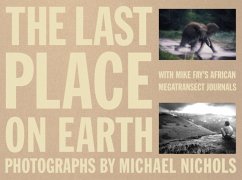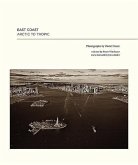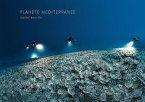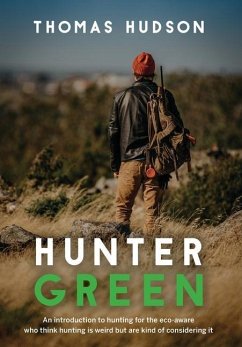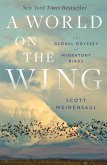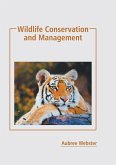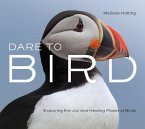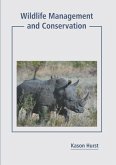The photographs in The Last Place on Earth are the best wildlife images in the world today. The groundbreaking photography in Volume I presents wildlife as if the viewer is on the scene and closeup. This is accomplished with gadgetry developed at National Geographic under the guidance of Michael Nichols. The new technology allows Nichols to set aside the usual telephoto lenses that magnify and flatten subjects, freeing him to use more normal lenses with special lighting. The resulting pictures come the closest to bridging the gap between wildlife and humanity than any photographs have ever done. Pictures cover the rough and amazing beauty of central Africa's wildlife and terrain-many images have never been seen-for example, surfing hippos and sun-bathing buffalo. Volume II highlights a facsimile of Mike Fay's original journal. It is real-life drama at its very best. Nichols' stunning black and white images of the arduous journey illustrate Fay's detailed entries. Together the set constructs a portrait of central African forests before "their greatness succumbs to the inexorable nibble of humanity." Threats by armed-poachers, disease, and despair are offset by moments of utter astonishment: Fay befriends a gorilla, Ebobo, whom he first met seven years before. At one point along the trip the gorilla was seen waiting for Fay to catch up. As a result of Nichols' and Fay's work, the government of Gabon created 13 national parks protecting 11,294 square miles.
Hinweis: Dieser Artikel kann nur an eine deutsche Lieferadresse ausgeliefert werden.
Hinweis: Dieser Artikel kann nur an eine deutsche Lieferadresse ausgeliefert werden.

